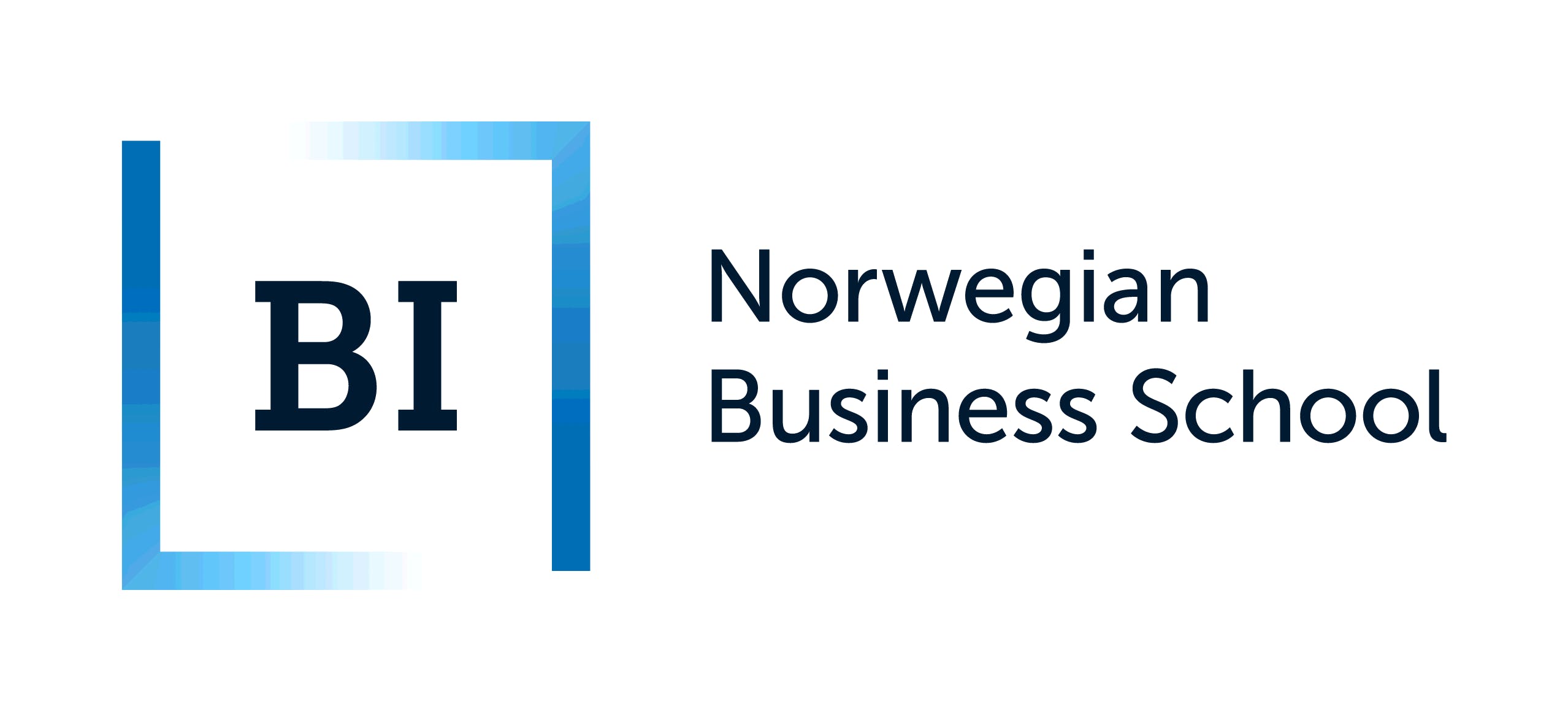In the world of business, digital communication skills are critical now more than ever.
90% of the world’s data has been generated within the past two years. This rapid advancement in technology has transformed modern society.
Digital communication skills are therefore essential for developing a successful career in management. 72% of employers regard the digital workplace as a priority, meaning that key digital competencies and skills can help boost your employability and help you navigate the modern workplace.
Here are four digital communication skills that will set you up for success in 2023.
1. Strategic thinking
The ability to think strategically, anticipate challenges, identify and create opportunities has always been a vital skill for business leaders. However, as the capabilities of artificial intelligence and technology continue to develop, this skill becomes increasingly vital.
Advancements in communication tools such as ChatGPT, demonstrate the importance of communication skills when working with AI systems to enhance your business strategy.
Studying a specialist master’s degree, such as the MSc in Digital Communication Management available at BI Norwegian Business School (BI), can teach you how to develop digital communication skills and utilize them for a career in management. The MSc in Digital Communication Management at BI offers students an in-depth understanding of topics including working with AI, innovation, digital platforms, and strategic communication.
“We are interested in understanding how digital communication skills relate to the strategic goals of an organization,” says Christian Fieseler, professor for communication management at BI.
2. Digital fluency
An ability to adapt to digital trends and technologies is a vital way to succeed in a digitalized world. Understanding how different digital technologies and platforms work will help you to understand how they can inform innovative communication policies.
As technology continues to advance, more career opportunities centered on digital communication skills such as digital content marketing, SEO, social media, and AI will arise.
This is why students at BI receive a grounding in digital tools. In your first term, you can create platform development projects and build your own website or app. You’ll learn the fundamentals of creating a successful platform and how to develop your own platform strategy.
This high degree of digital competency will equip you with the skills necessary to adapt to an increasingly digital workplace and stand out to employers.
3. Cultural sensitivity
Cultural and social sensitivity is a significant part of d igital communication management. Understanding different cultural and social dynamics enables you to become a better business leader, and will help you to develop relevant communication strategies.
This is why at BI students receive a grounding in psychological and sociological concepts underlying communication process. Modules such as ‘human interaction’ and ‘human-technology interaction’ educates students on different theories related to identity and diversity. Along with an extensive understanding of how people interact and communicate with each other through technology.
“Determining a communication strategy that connects the needs of management, customers, and other stakeholders is important. Doing so requires an awareness and sensitivity to each of the different stakeholder's needs,” says Suzanne van Gils, associate dean for the MSc in Digital Communication Management.
4. A theoretical foundation
To excel in a career management, it is vital that you have a clear understanding of the dynamics of communication.
At BI, you will be introduced to solid theories and research which revolve around digital communication strategy, social media, network theory, and innovation and corporate storytelling. Our methods course covers the basics of qualitative and quantitative methods such as data handling, recoding, experimental statistics, and digital and social network data analysis.
This means that you can develop a thorough understanding of how to serve communication needs within an organization. You can then choose to apply your theoretical knowledge through a credit-bearing internship opportunity at one of the companies in BI's network, where you will exercise the skills that you have gathered and gain real- world experience.
The future of communication management is evolving every day. These are just a few of the top digital communication skills which will help you to excel in your management career in a rapidly changing world.








